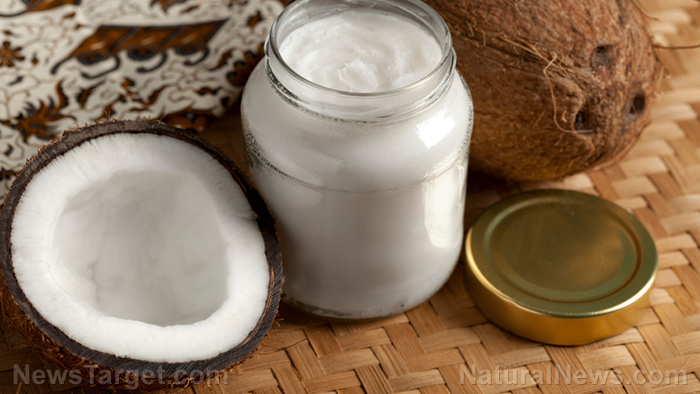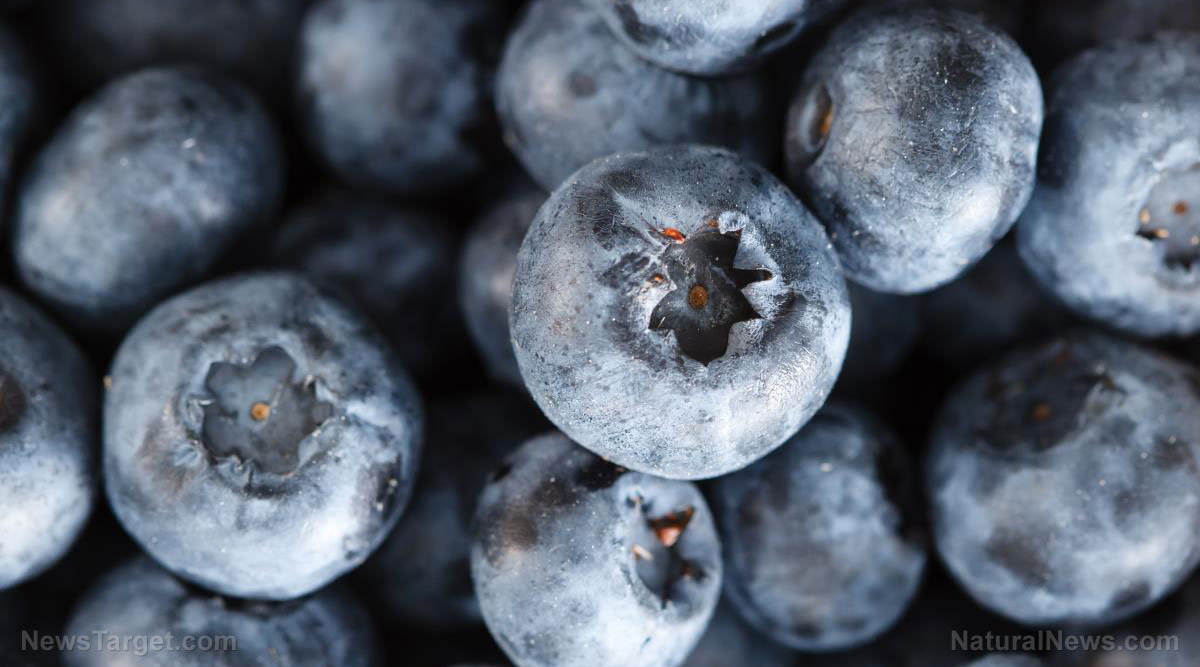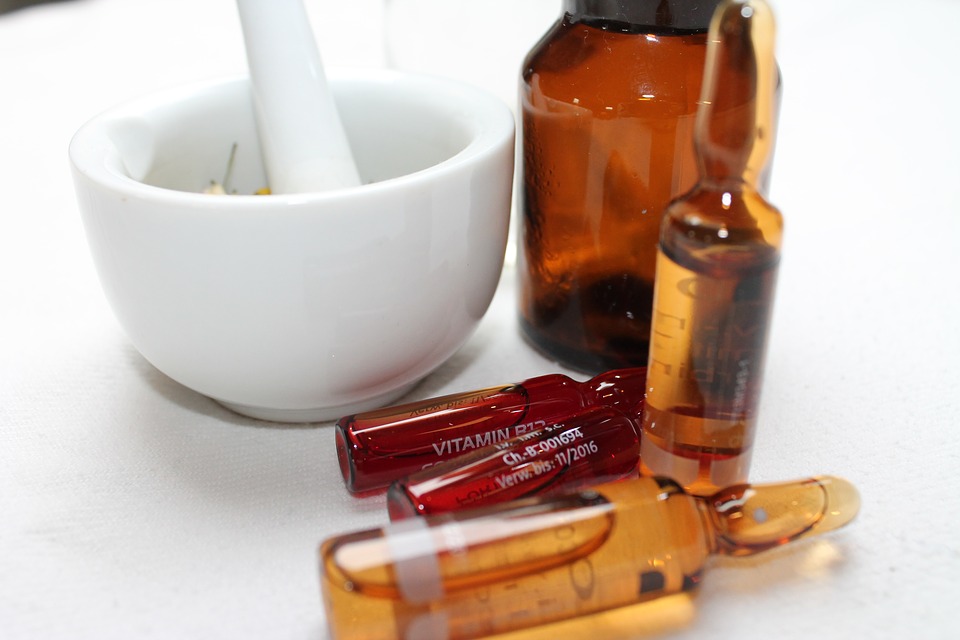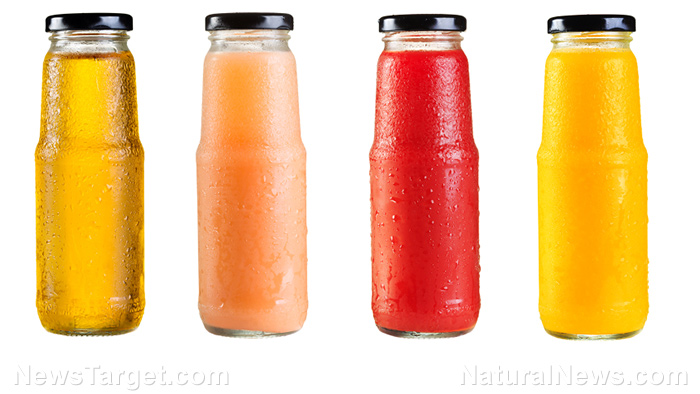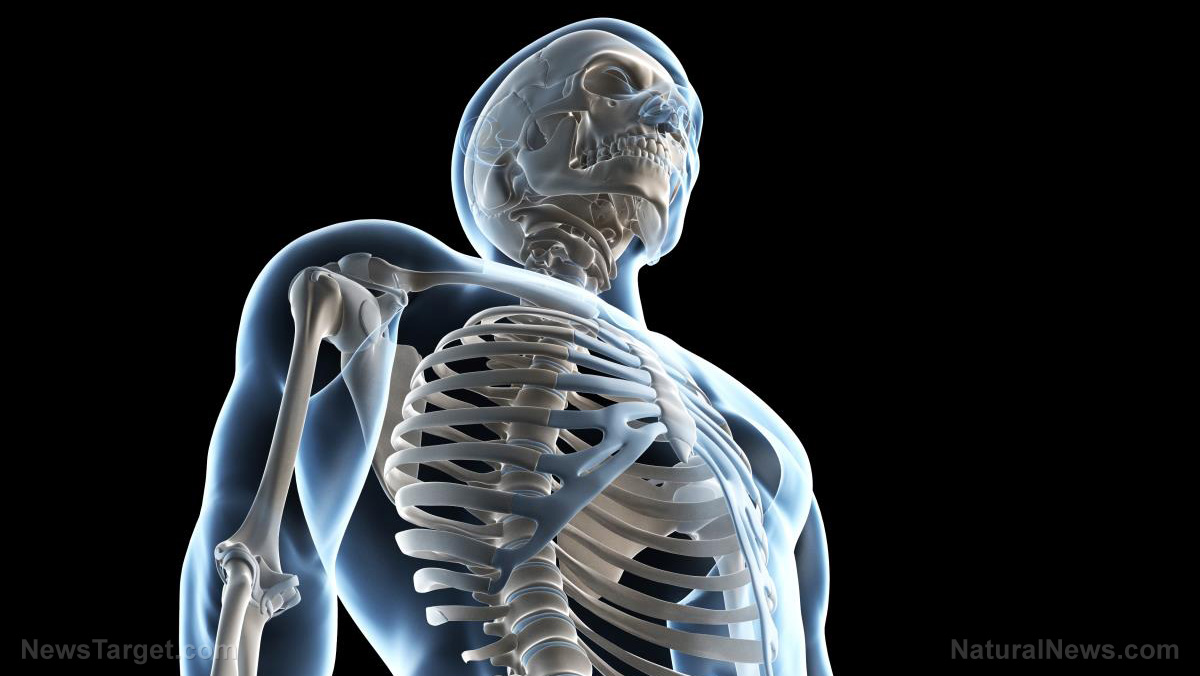If you have cracked lips and brittle nails, you may be severely deficient in this almost miraculous vitamin
08/16/2017 / By Jhoanna Robinson

There is another supervitamin that slips by even the most health-conscious of people, vitamin B complex. According to Rob Hobson, registered nutritionist and head of nutrition at Britain-based health supplement supplier Healthspan, they comprise of the following: thiamin (vitamin B1), riboflavin (vitamin B2), niacin (vitamin B3), pantothenic acid (vitamin B5), pyridoxine (vitamin B6), biotin (vitamin B7), folate (vitamin B9), and cobalamin (vitamin B12).
Vitamin B3 or niacin helps correct a birth deficiency that can affect the normal growth of the fetus inside the womb, which can sometimes lead to miscarriages. Data from The Centers for Disease Control and Prevention (CDC) showed that three percent of all infants who are born in the United States have a birth defect, which accounts for 20 percent of all infant mortalities.
Australian researchers recently attributed the cause of abnormal embryonic developments to a lack in nicotinamide adenine dinucleotide, which plays an essential role in metabolic regulation and cell and DNA repair.
Professor Sally Dunwoodie from the Victor Chang Cardiac Research Institute in Sydney, Australia said regular B3 complex supplement intake can avoid miscarriages and birth defects such as spina bifida and other vertebral malformations, as well as heart and kidney ailments.
Vitamin B6, or pyridoxine, on the other hand, can aid the body in producing neurotransmitters, which are chemicals that help communicate information throughout the brain and the body, such as serotonin, which can help us cope with anxiety and stress.
We normally get B complex vitamins through our diet; for instance, cereals are chock-full of vitamin B.
The bad news? Our busy life schedules – tinged with a sugar-based, white-carb, and alcohol-rich diet – can take away this vitamin form our natural reserves. This is the reason why some feel some kind of illness, or general lethargy, on a semi-regular basis.
How vitamins can be depleted
When you ingest alcohol on a regular basis, your body is presented with a lot of carbohydrates and sugar that require the metabolism of the B vitamins. This depletes them faster than if you had a healthier diet. Not only that, drinking alcohol also stops the absorption of B vitamins into the body, so drinking too much can really take a toll on your B vitamin stocks.
B vitamins are important in maintaining a healthy nervous system. Excessive daily stress can cause the body to need a higher B vitamin requirement to be able to manufacture more than required amounts of neurotransmitters to keep our moods stable and to provide a general sense of well-being.
A deeper look into the B vitamins
Vitamin B1 or thiamin can be obtained when you eat peas, green peas, acorn squash, asparagus, black beans, navy beans, macadamia nuts, pistachio nuts, soybeans, sunflower seeds, and trout. It is needed for the breakdown of energy from food. Lack of it can cause headaches, constipation, irritability, loss of appetite, loss of concentration, nausea, and tiredness.
Vitamin B2 or riboflavin is needed for skin and vision health, as well as for a healthy nervous system. It can be obtained by ingesting eggs, cheese, sesame seeds, almonds, asparagus, broccoli, mackerel, mushrooms, spinach, and squid. Lack of it can cause sensitive, gritty, and bloodshot eyes; sensitivity to bright light; cracks at the corners of the mouth (angular cheilosis); mouth ulcers; insomnia; and itching, scaly, eczema-like skin rash.
Vitamin B5 or pantothenic acid is needed so that the body can metabolize vitamin D and so that the functions of your respiratory, immune, and skeletal systems are optimized. Lack of it leaves one feeling tired, weak and unable to deal with stress, can’t properly digest food, and can’t sleep properly. It can be obtained by eating avocados, broccoli, liver, mushroom , oats, salmon, and sunflower seeds.
A lack of vitamin B6 or pyridoxine results in greasy rashes on the forehead or around the nose, depression, headache, anxiety, irritability, and a low sex drive. It is essential for the manufacture of hemoglobin, which is the substance in red blood cells that carries oxygen throughout the body. It can be obtained by eating peppers, celery, avocado, banana, Brussels sprouts, cauliflower, celery, chicken, garlic, pistachio nuts, sunflower seeds, and tuna.
Vitamin B9 0r folate or folic acid is important for the health of the expectant mother and her baby. Lack of it can result in red, sore tongue; depression; dementia; anemia; cracking at the corners of the mouth; forgetfulness; insomnia; irritability; muscular cramps; and tiredness/weakness. It can be obtained by eating lentils, lettuce, asparagus, avocado, black-eyed peas, broccoli, mango, orange, and spinach.
Vitamin B12 or cobalamin is important for a healthy immune and nervous system. Lack of it results in menstrual disorders, reduced immunity, pernicious anemia, sore tongue, and tiredness/exhaustion. It can be obtained by eating shellfish, red meat, cheese, eggs, crab, liver, mackerel, milk, and tofu. (Related: Vitamin B-12 and folic acid prevent memory loss and improve cognition as we age.)
Read up on more stories such as this one at Nutrients.news.
Sources include:
Tagged Under: disease prevention, nutrients, nutrition, supplements, Vitamin B, vitamin B complex, vitamin B supplements, vitamin B3


